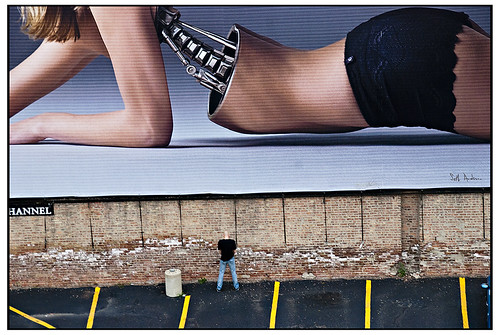I guess most of us knew that people who willingly worked for Donald Trump are idiots.
As a real estate executive and reality TV star, Donald J. Trump tightly controlled his image by insisting that everyone around him sign nondisclosure agreements threatening steep monetary penalties if they revealed anything about him or his company.
So a few months into his presidency, Mr. Trump — infuriated by leaks about everything from staff rivalries to his bathrobe-wearing, TV-viewing habits — ordered Reince Priebus, then his chief of staff, to do the same thing in the West Wing.
Donald F. McGahn II, the White House counsel, had warned the president before that such a blanket policy could not be imposed on federal employees. But in order to placate an angry president who was convinced that the people around him had to be pressured into keeping his secrets, Mr. McGahn drew up a broad document barring White House officials from publicly disclosing what they heard and saw at work.
That nondisclosure agreement, presented by Mr. Priebus to the senior staff last April, did not specify any penalties — financial or otherwise — and was something that almost everyone around the president understood could not be enforced. But it was an early indication that Mr. Trump, who spent decades using pressure tactics and secrecy in his private life, wanted to do the same thing at the White House, breaking with tradition. He would push the obsession of many of his predecessors with damaging leaks to a new level.
…
But former White House lawyers and government ethics experts said the agreement raised serious legal questions and reflected Mr. Trump’s refusal to submit to the norms of public disclosure or respect the basic right of free speech.
“You can’t blanket wipe out speech, and you have to show there’s a compelling government purpose for doing so,” said Norm Eisen, the top ethics lawyer in former President Barack Obama’s White House Counsel’s Office.
(click here to continue reading White House Job Requirement: Signing a Nondisclosure Agreement – The New York Times.)
What I would love to happen is for someone who signed Resident Trump’s NDA to publicly leak info, and subsequently get sued by a raging Trump. Trump would be humiliated in court I’d assume, and this would send him in an even worse impotent rage. People who are angry tend to make mistakes.
Ruth Marcus of The Washington Post reported that the initial NDA had a $10,000,000 penalty for violations. The White House has denied the number was as high, but take their denials with the normal 67 tons of salt.
Moreover, said the source, this confidentiality pledge would extend not only after an aide’s White House service but also beyond the Trump presidency. “It’s not meant to be constrained by the four years or eight years he’s president — or the four months or eight months somebody works there. It is meant to survive that.”
This is extraordinary. Every president inveighs against leakers and bemoans the kiss-and-tell books; no president, to my knowledge, has attempted to impose such a pledge. And while White House staffers have various confidentiality obligations — maintaining the secrecy of classified information or attorney-client privilege, for instance — the notion of imposing a side agreement, supposedly enforceable even after the president leaves office, is not only oppressive but constitutionally repugnant.
Unlike employees of private enterprises such as the Trump Organization or Trump campaign, White House aides have First Amendment rights when it comes to their employer, the federal government. If you have a leaker on your staff, the cure is firing, not suing.
“This is crazy,” said attorney Debra Katz, who has represented numerous government whistleblowers and negotiated nondisclosure agreements. “The idea of having some kind of economic penalty is an outrageous effort to limit and chill speech. Once again, this president believes employees owe him a personal duty of loyalty, when their duty of loyalty is to the institution.”
I haven’t been able to lay hands on the final agreement, but I do have a copy of a draft, and it is a doozy. It would expose violators to penalties of $10 million, payable to the federal government, for each and any unauthorized revelation of “confidential” information, defined as “all nonpublic information I learn of or gain access to in the course of my official duties in the service of the United States Government on White House staff,” including “communications . . . with members of the press” and “with employees of federal, state, and local governments.” The $10 million figure, I suspect, was watered down in the final version, because the people to whom I have spoken do not remember that jaw-dropping sum
(click here to continue reading Trump had senior staff sign nondisclosure agreements. They’re supposed to last beyond his presidency. – The Washington Post.)























